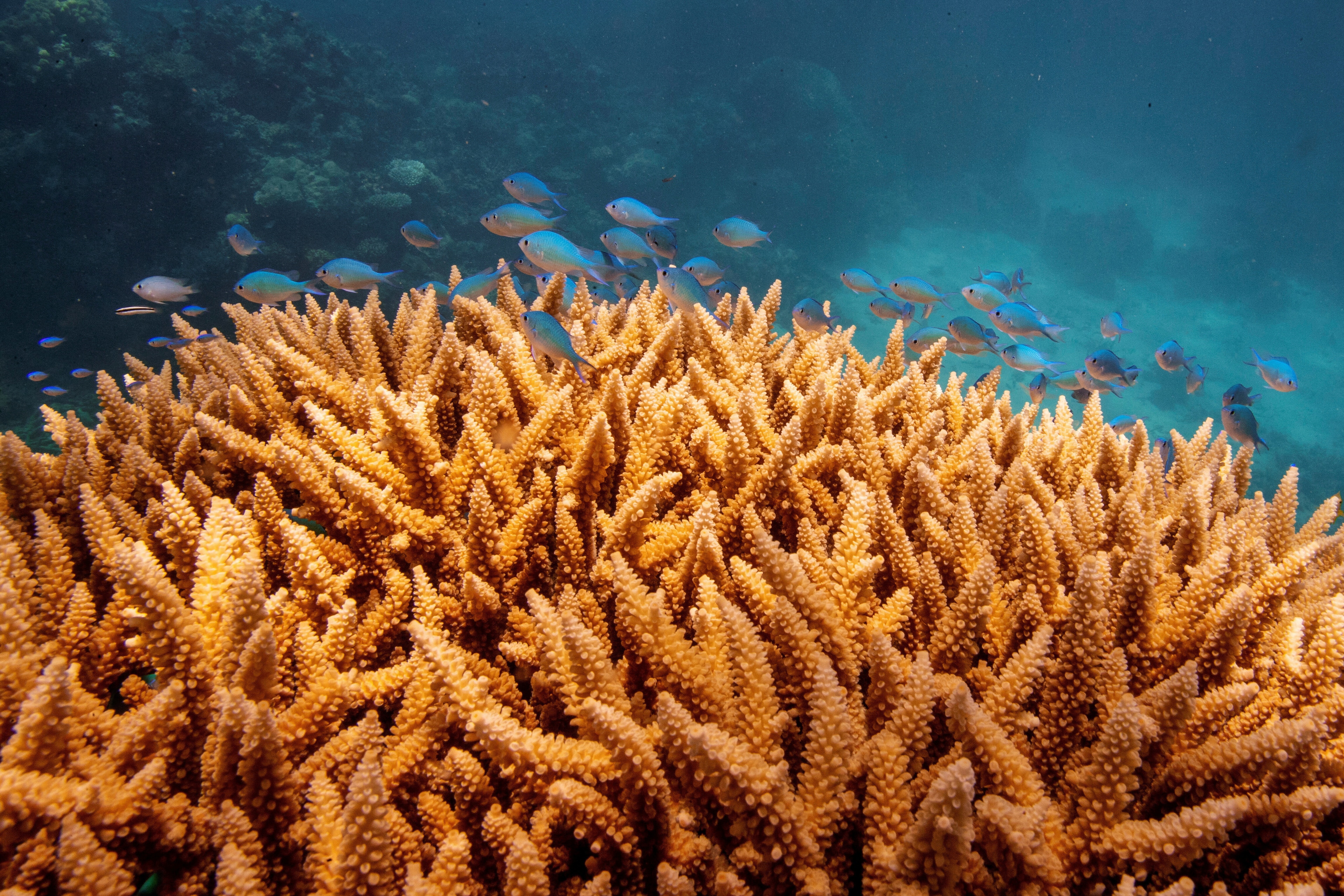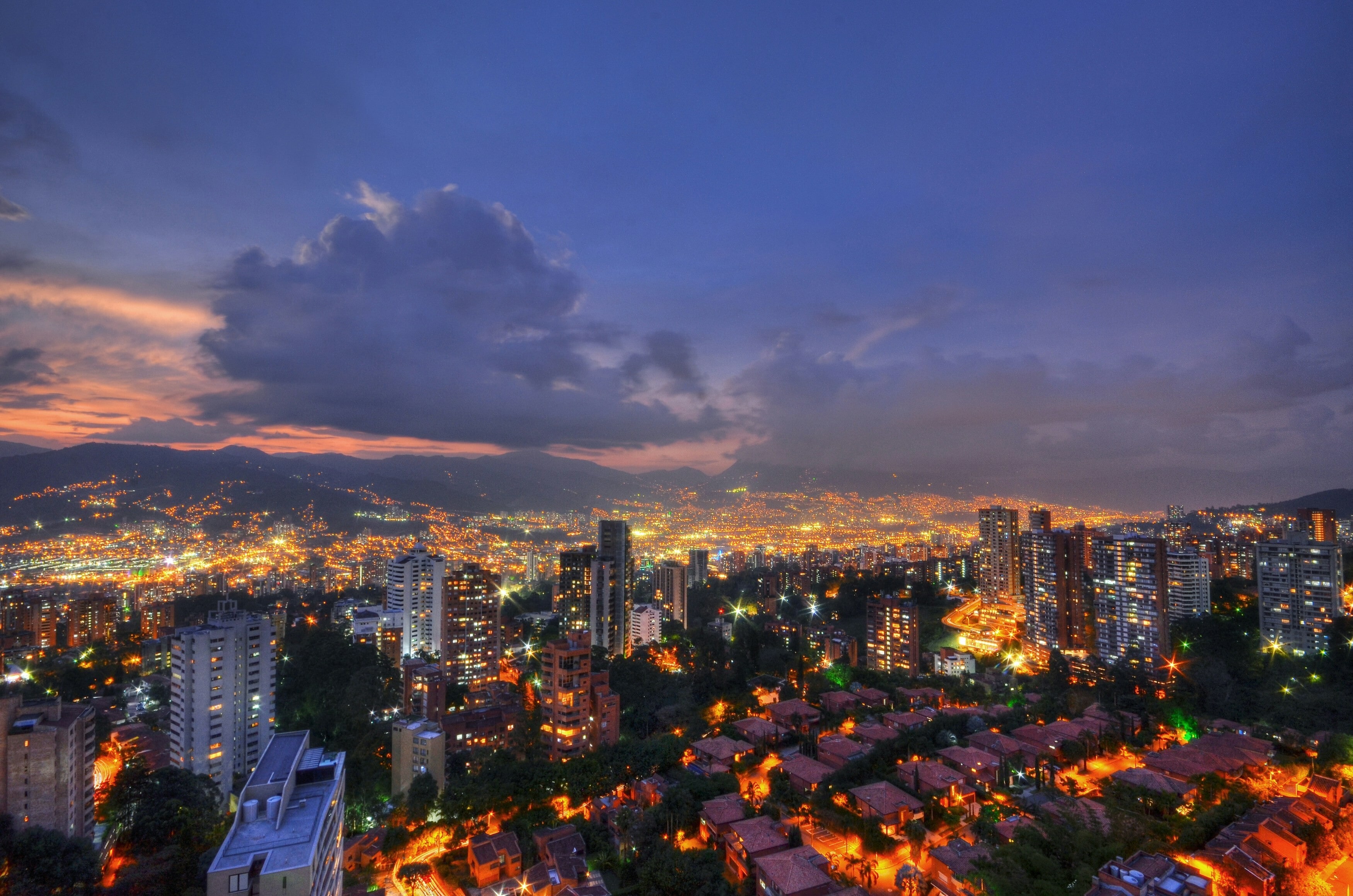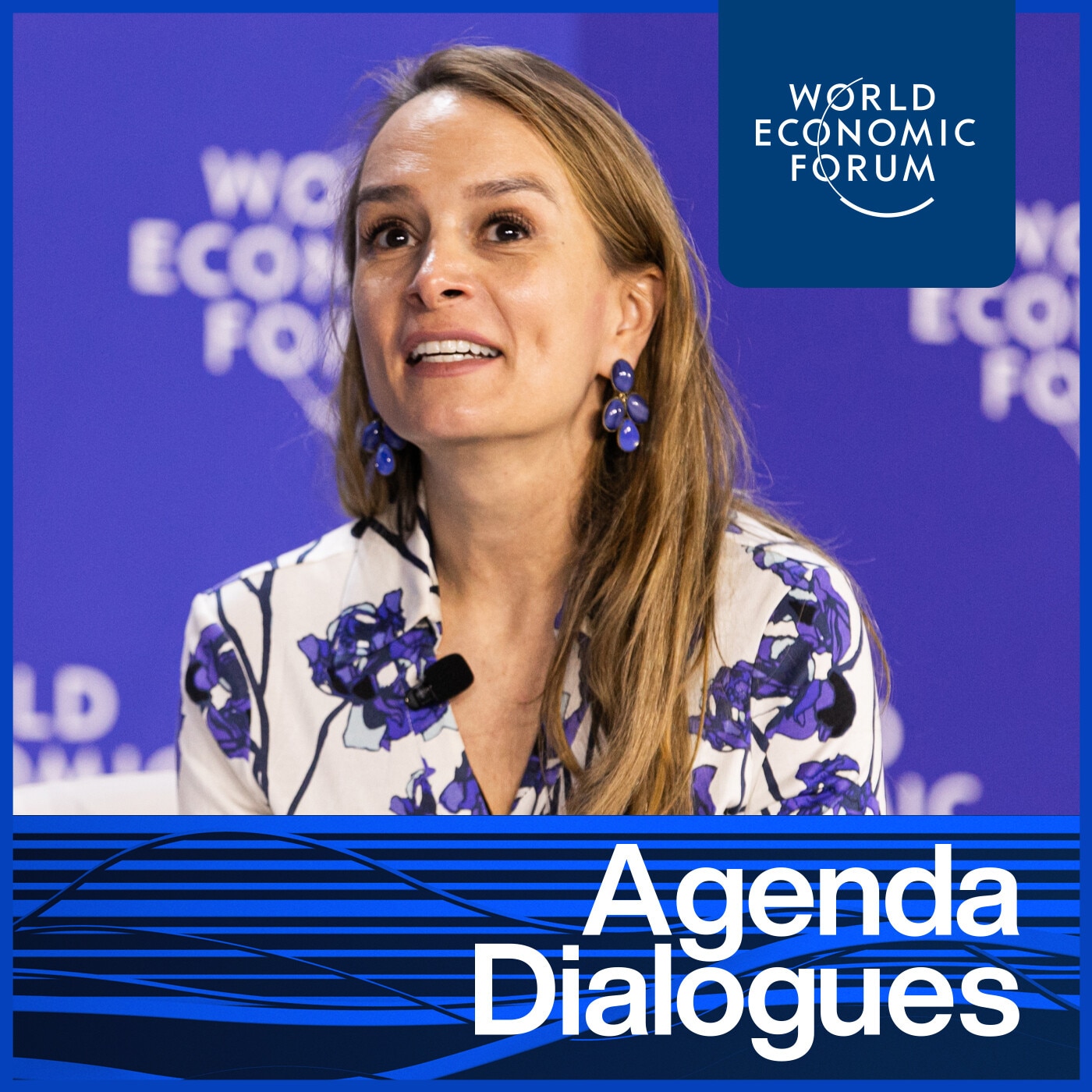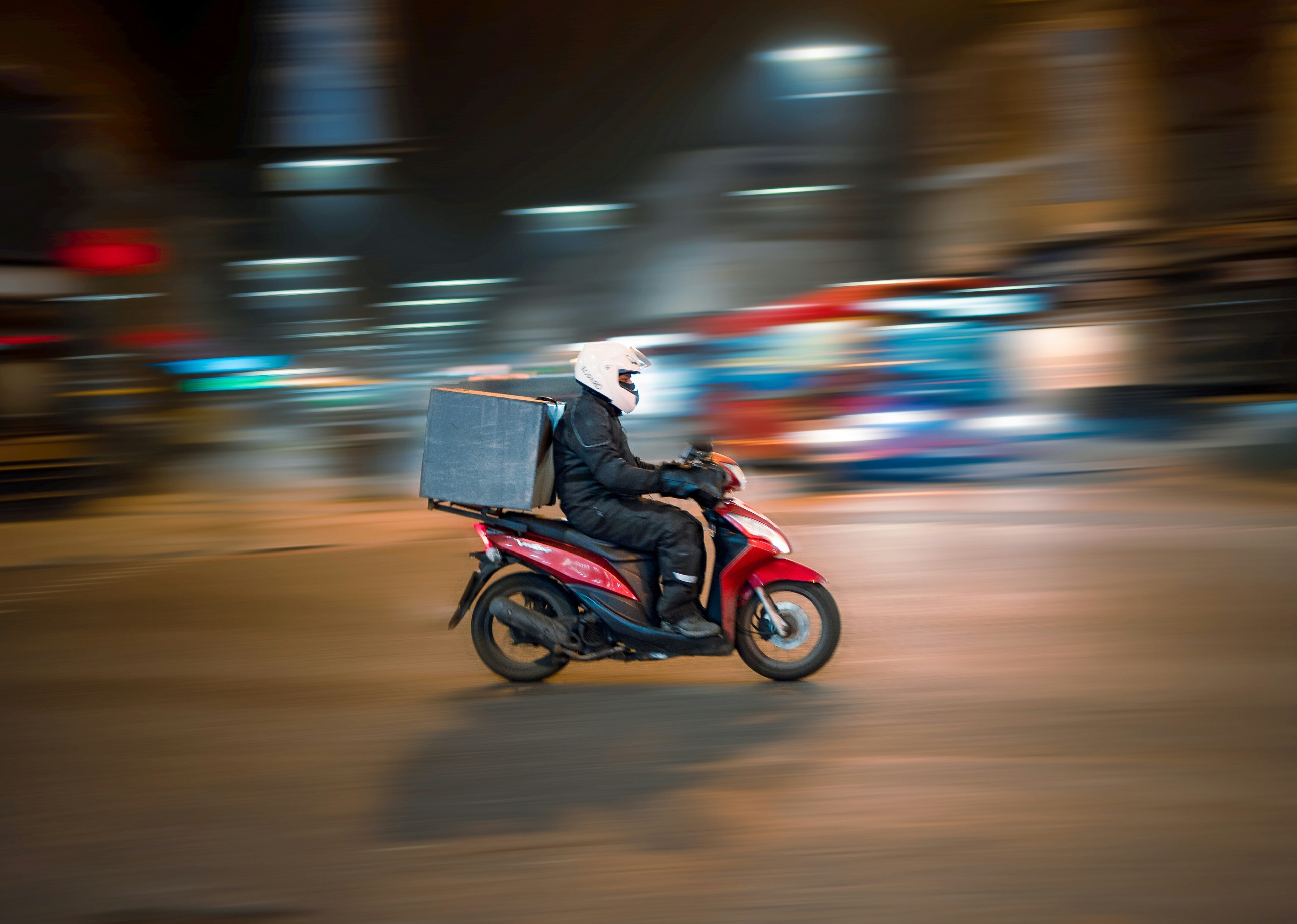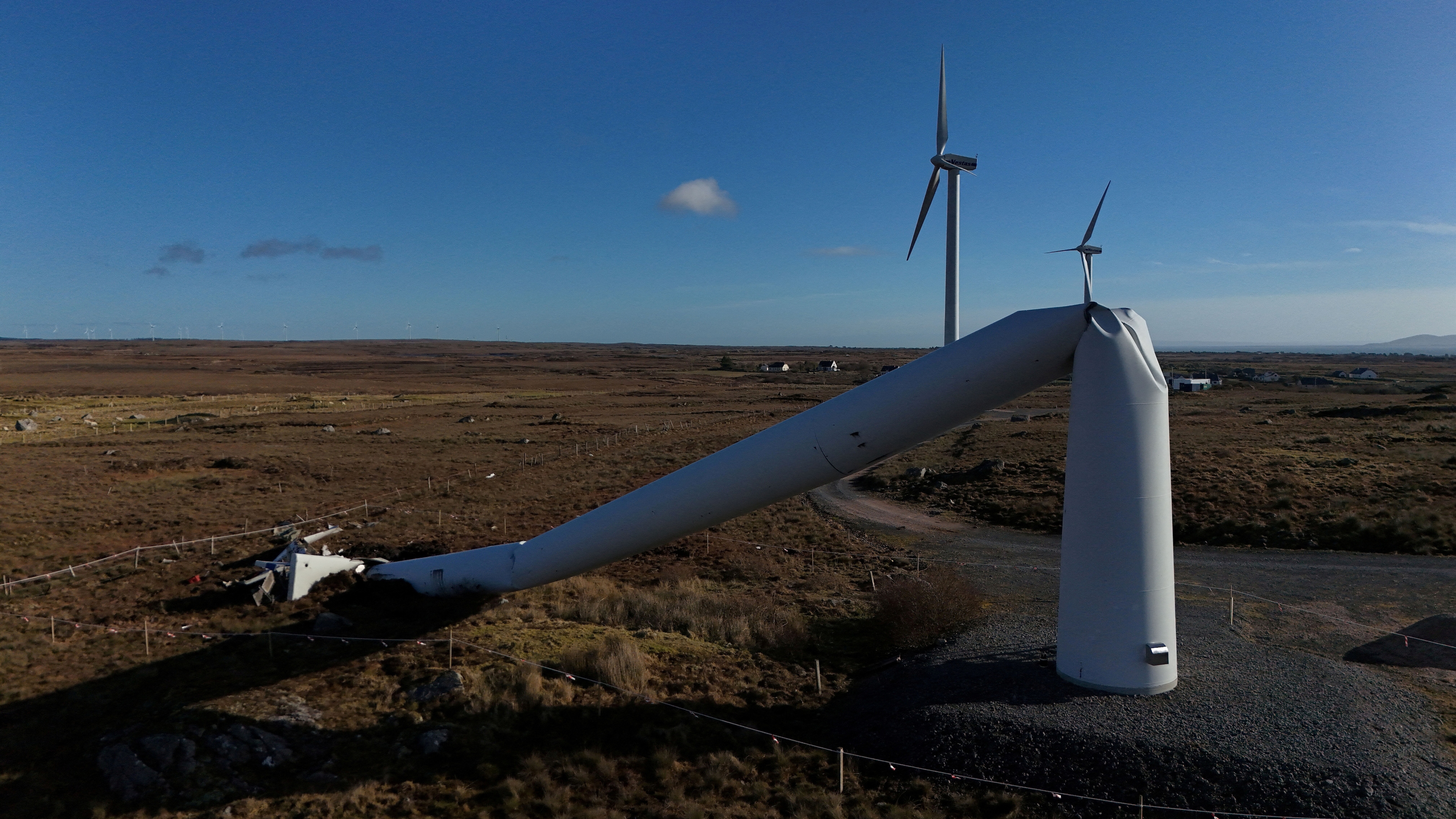What needs to happen before COP26? The UN’s climate chief explains

Patricia Espinosa says there's a 'significant amount of work' to do.
Image: REUTERS/Wolfgang Rattay
Stay up to date:
Plastic Pollution
- The UN's climate chief has said a “significant amount of work” remains to be done ahead of November’s COP26 summit.
- The COP26 summit is tasked with finalising rules for the 2015 Paris Agreement.
- Emissions reductions by governments are still a long way off of the Paris goals, which limit global warming to below 2C.
- Rich nations have also come under fire for not yet meeting a promise to raise $100 billion a year from 2020 to help poorer countries tackle climate change.
The United Nations climate chief said on June 17 a “significant amount of work” remains to be done ahead of November’s COP26 summit in Britain, with developing nations warning issues of finance and vaccine inequity could derail a successful outcome.
At the end of three weeks of mid-year climate talks, held online due to the COVID-19 pandemic, Patricia Espinosa called on countries to overcome their differences and work together in the remaining months before the key COP26 negotiations in Glasgow.
She said governments had “engaged effectively”, despite the challenges of virtual working, and made advances in several areas, including common time-frames for emissions-cutting goals and transparency in how countries report their climate action.
There are still divisions on the rules governing how global carbon markets will work, the U.N. climate body noted - and higher-level political guidance will be needed, Espinosa said.
Efforts would continue to “ensure maximum progress before COP26”, she added.
“So much is at stake,” said the top U.N. official. “I urge us to rise to the challenge of our time, to get the job done, to overcome our differences, to fulfill our promises.”
The June talks were the first official U.N. climate negotiations to be held since the end of 2019, due to delays caused by the pandemic.
The COP26 summit is tasked with finalising rules for the 2015 Paris Agreement on climate change so that the pact can be fully implemented, U.N. officials have said.
“We must achieve success at COP26,” Espinosa told journalists on Thursday.
“It is a credibility test for our fight against the climate emergency - it is central to a green recovery and it is an affirmation of multilateralism when the world needs it most.”

Stumbling blocks
Many nations have yet to submit stronger climate action plans that were due last year under the Paris accord but thrown off course due to the pandemic.
Emissions reductions promised by governments are still a long way from what is needed to meet the Paris goals of limiting global warming to “well below” 2 degrees Celsius and ideally to 1.5C above preindustrial times, the United Nations has said.
But a failure by wealthy nations to deliver on longstanding climate finance pledges to help poorer, vulnerable countries shift to renewable energy and adapt to climate change impacts are casting a shadow over the U.N.-led process.
The pandemic has also thrown another spanner in the works with many developing nations struggling to secure access to vaccines, after supplies were mostly bought up by rich countries.
That means many delegates do not know whether they will be able to attend the COP26 summit in person.
As the conference host, British Prime Minister Boris Johnson said this month his government was exploring with the United Nations how to provide COVID-19 vaccinations to accredited delegations who would be unable to get them otherwise.
“The road to COP 26 remains nebulous - COVID-19 remains a serious concern for many of us,” Diann Black-Layne of Antigua and Barbuda, representing the 44-member Alliance of Small Island States, told the closing session of the June talks.
The group is also still waiting for major progress on climate finance, she added, calling for a “new, scaled-up finance goal” at COP26 for climate-vulnerable nations.
Sonam P. Wangdi of Bhutan, who chairs the 46-member group of least developed countries at the U.N. talks, agreed that delivering on climate finance is “critical” to ensure success.
What’s the World Economic Forum doing about climate change?
Rich nations have come under fire for not yet meeting a promise to raise $100 billion a year from 2020 to help poorer countries tackle climate change.
G7 leaders were criticised for not offering a clear roadmap on how that pledge would be met at a summit last weekend, although Germany and Canada committed fresh money.
This month’s U.N. climate talks did not produce formal decisions because of their virtual nature, with some delegates struggling with technical difficulties.
To push the work forward faster, Alok Sharma, the UK official who will preside over COP26, plans to bring ministers from more than 40 countries together in London in late July.
Archie Young, Britain’s lead climate negotiator, said he had heard “very clearly the desire for more clarity” on issues around vaccinations and logistical arrangements for COP26.
Sharma said London was working with partners on a plan to offer vaccines to all accredited COP26 delegates - including government officials, representatives of green groups and media - and he hoped to set out the details “shortly”.
Accept our marketing cookies to access this content.
These cookies are currently disabled in your browser.
Don't miss any update on this topic
Create a free account and access your personalized content collection with our latest publications and analyses.
License and Republishing
World Economic Forum articles may be republished in accordance with the Creative Commons Attribution-NonCommercial-NoDerivatives 4.0 International Public License, and in accordance with our Terms of Use.
The views expressed in this article are those of the author alone and not the World Economic Forum.
Related topics:
Forum Stories newsletter
Bringing you weekly curated insights and analysis on the global issues that matter.
More on Climate ActionSee all
Tom Crowfoot
August 12, 2025
Luis Antonio Ramirez Garcia
August 11, 2025
Michael Fröbel and Stanislas Hillen
August 8, 2025
Elizabeth Henderson and Daniel Murphy
August 8, 2025
